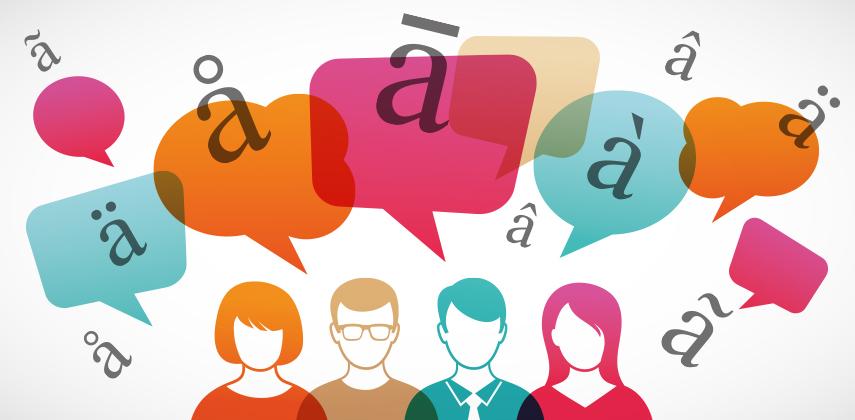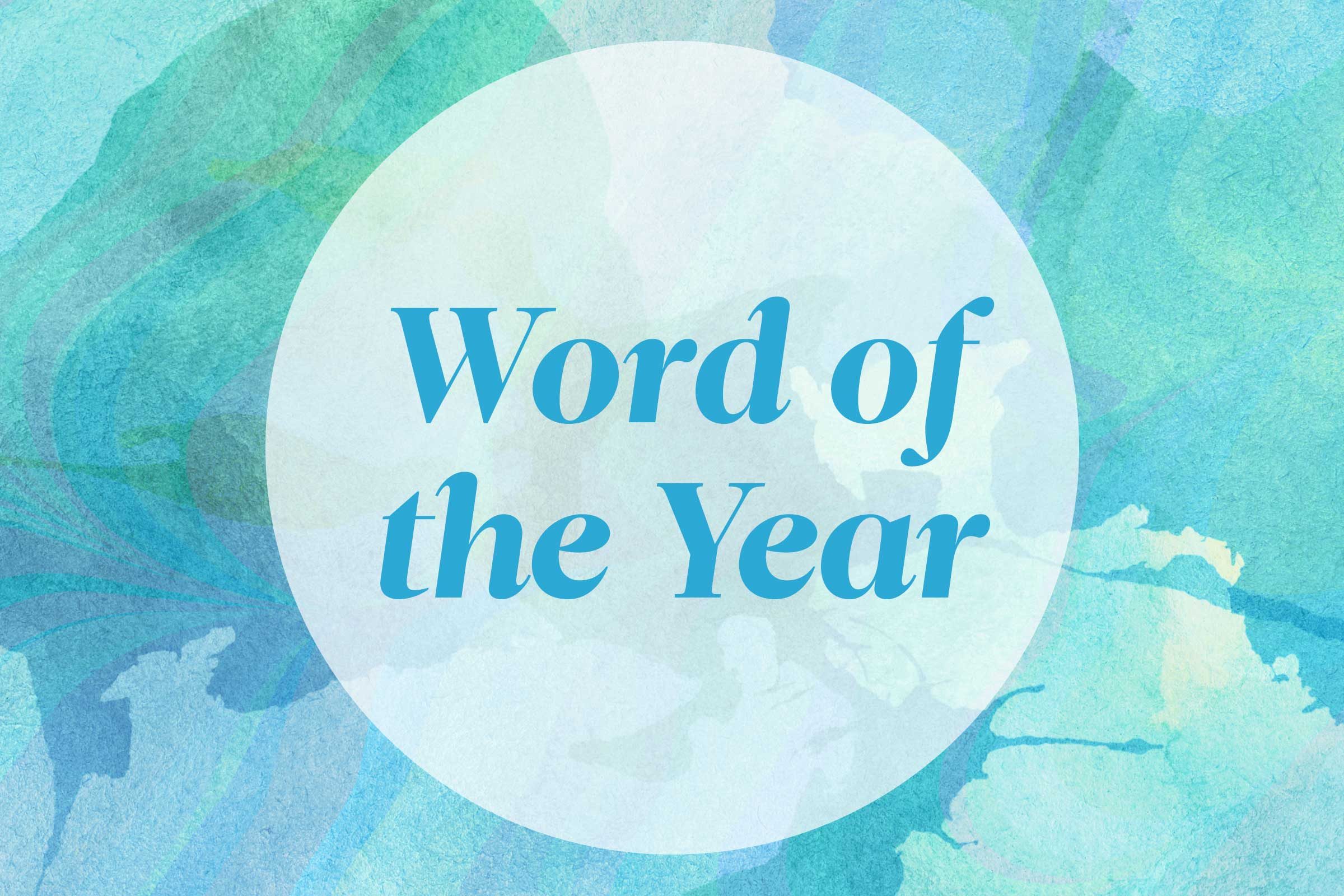Once again, the inspiration for a post comes as I drink my coffee and listen to WAMU. This morning I heard a story that made me think of the mostly futile efforts to control language use; people innovate language, laws try to interfere, yet language keeps evolving.
The story was about a trademark lawsuit. The story "
Adventure Series Book Publisher Sues Netflix over Trademark" describes how the company that makes the "
Choose Your Own Adventure" books, one of my childhood favorites, has filed a case against Netflix because on its
Black Mirror show, "Bandersnatch" uses technology to create a choose-your-own-adventure television episode. The specific problem alleged in the lawsuit is that the TV characters describe the format using just that phrase - "choose your own adventure" - and the book publishing company does not want people confusing the TV version with their books.
 |
Zipper was once a trademarked brand name
Image from https://mymodernmet.com/jun-kitagawa-zipper-art/ |
So what about language? Well, a trademark lawyer quoted in the radio story said that this lawsuit was about a concept called genericide, when a trademarked name becomes so popular that the name becomes a common noun. For example, people say "band aid" to mean any bandage for a cut, not specifically the Band Aid type bandage. I knew about that example, but the story brought others to my attention, words that I never knew had started with a brand name, such as
zipper and
escalator.
A Toronto Blade article about brands becoming generic names says that
thermos, aspirin, and
yo yo are others. A linguist in that article says that once the process of genericization starts, it cannot be stopped. However, the International Trademark Association notes a couple of examples that did reclaim the name,
Goodyear and
Singer, and it has an interesting
list of tips on how to avoid genericide.
This process of genericide makes the trademark lose its value. So on the one hand, trademark law helps companies protect their brands, yet, as the lawyer in the radio story notes, "
...trademark law is not supposed to withdraw words from the English language," and these lawsuits can fail: a court can rule that the trademark has become a common word and the company can lose a lawsuit.
Side note: as I was writing about this topic, I noticed that some sources used the term
genericide and others used
genericization.
Genericide has the -
cide ending implying a terrible death, and that term appeared in the business sources I read.
Genericization doesn't have the same implication and was used by the linguists and in the newspaper article. The different words used by the different communities makes sense to me in terms of the values each group invests in trademarks.

 A couple writers are hearing their local home accents with new ears and writing about that, too:
A couple writers are hearing their local home accents with new ears and writing about that, too:


